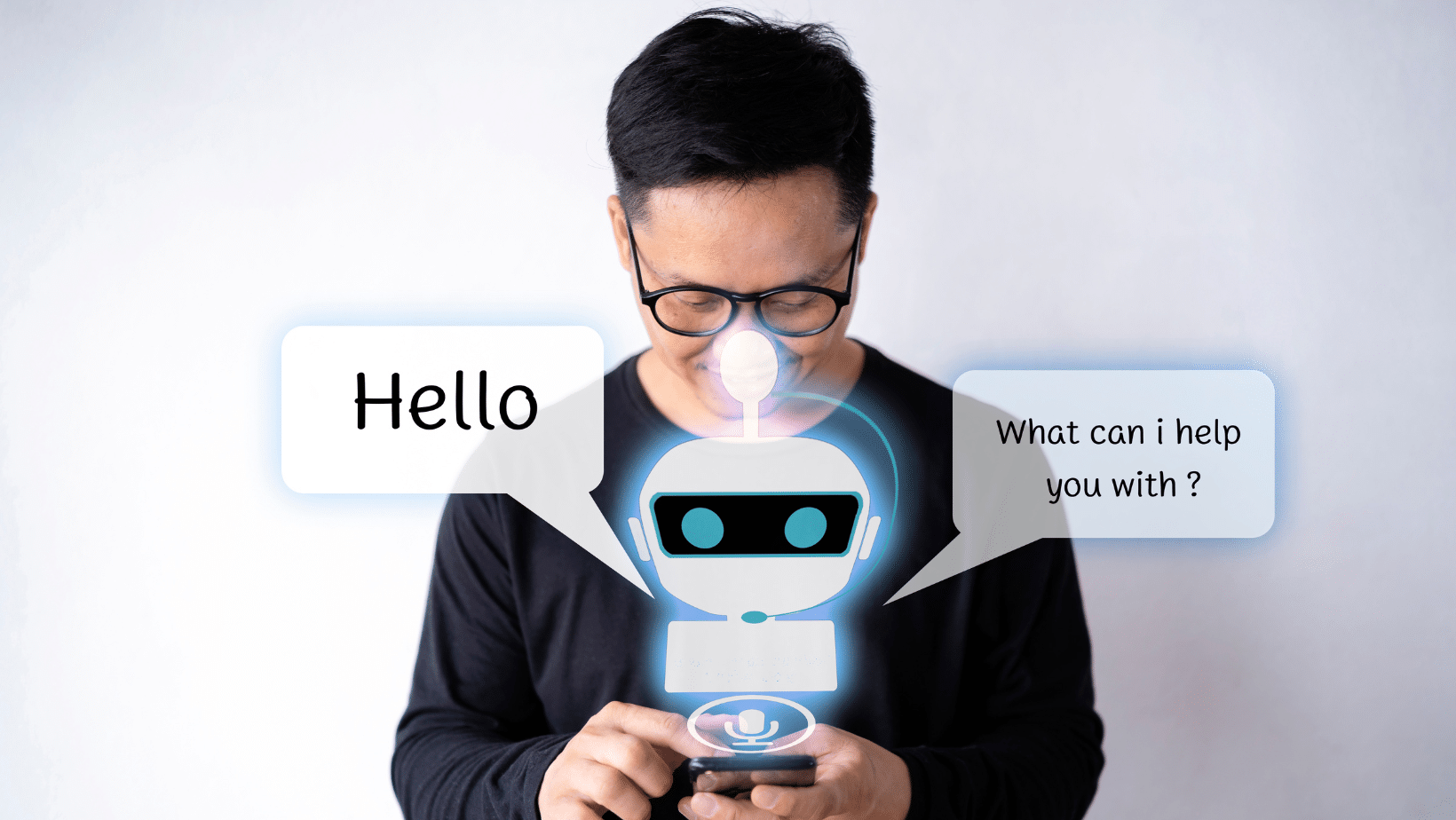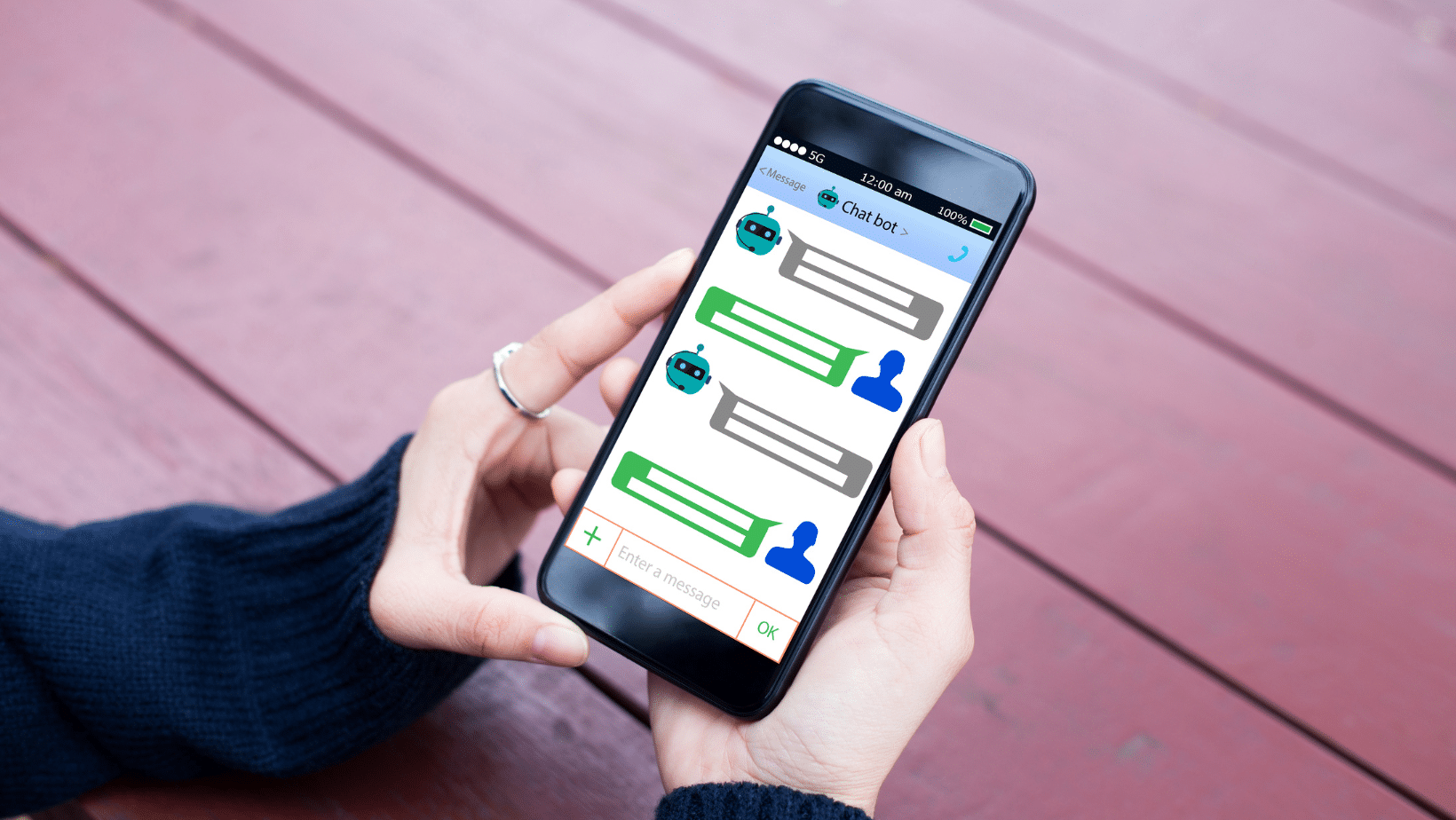
How to Use ChatGPT for Social Media Marketing
Last Updated on August 27, 2025 by Valerie Jennings
With its ability to understand complex language and generate contextually relevant responses, ChatGPT is changing the way businesses and individuals engage with their audiences. In this article, we’ll dive into how to use ChatGPT for social media marketing, from crafting engaging posts to automating customer interactions. We’ll also explore the best ChatGPT prompts for social media marketing to help streamline content creation and boost engagement. ChatGPT has already been embraced by major companies like Nike, Hilton Hotels, and Dell Computers—and it’s only getting bigger and better.
What Is ChatGPT and How Do I Use It?
ChatGPT is an AI language model developed by OpenAI that uses natural language processing (NLP) to generate human-like responses to text-based prompts. It is capable of understanding complex language and generating responses that are contextually relevant and grammatically correct.
To use ChatGPT, you can simply enter your prompt or question into a chat interface or platform that supports the model. ChatGPT will then generate a response based on the input it has received. Some common use cases for ChatGPT include customer support, chatbots and language translation.
Keep in mind that ChatGPT is not perfect and can sometimes generate responses that are inaccurate or inappropriate. It is important to carefully evaluate the responses generated by ChatGPT and ensure that they align with your desired outcomes and messaging.
ChatGPT’s Social Media Connections
ChatGPT is an AI language model that can be used by businesses and organizations to interact with consumers on social media. With ChatGPT, brands can answer questions and provide support directly to customers, creating a personalized and transparent experience. This tool can be used as an extension of existing customer service programs or as a stand-alone channel for hosting live chats with customers on a regular basis.
Moreover, ChatGPT also provides opportunities for PR professionals to use it as part of their integrated communications strategy. By setting up channels for both the media and consumers, ChatGPT enables two-way communication, allowing for the sharing of ideas and collaboration on content creation. This tool can also facilitate real-time conversations with consumers, giving brands the chance to demonstrate their commitment to their customers’ best interests and build trust through transparency. Overall, ChatGPT is a powerful tool for brands to connect with consumers on social media and enhance their PR strategies.
Who Uses ChatGPT?
ChatGPT is being used by a variety of companies, including Amazon, Lyft and Walmart, to provide customers with the ability to chat with them while shopping. This tool has proven to be useful for customers who want to learn more about products and services without waiting on hold or going through an automated system.
It’s also used by celebrities like Kim Kardashian as part of their social media strategy, enabling fans to easily contact them with questions or comments about their brand or career. Journalists at major news outlets like CNN use the platform to access communities where they might not otherwise have had access to information from people directly affected by current events, such as natural disasters or political unrest.
This new tool is used by a diverse range of brands, individuals and organizations to promote their products, services and ideas. The ChatGPT platform allows users to create customized profiles to share their content with followers, making it a versatile tool for marketing, customer service and engagement.
How to Use ChatGPT for Social Media Marketing
ChatGPT is rapidly becoming an essential tool for businesses aiming to elevate their social media marketing strategies. With its ability to process and generate human-like responses, this AI-powered assistant offers a wide range of practical applications. Below are some of the best ways you can use ChatGPT to strengthen your social media presence and better connect with your audience:
1. Customer Service
ChatGPT can be deployed to provide real-time customer support directly through social media channels. By integrating chatbots that are capable of answering frequently asked questions and directing users to helpful resources, businesses can improve customer satisfaction while significantly reducing response times. This not only streamlines communication but also builds trust by showing customers they are heard and valued.
2. Personalized Marketing
One of ChatGPT’s standout strengths lies in personalization. By leveraging customer data—such as preferences, behavior, and purchase history—ChatGPT can help craft personalized content and marketing messages that speak directly to individual users. This kind of tailored engagement enhances the user experience and boosts the likelihood of conversions and customer loyalty.
3. Social Listening
ChatGPT can also assist in monitoring online conversations across various platforms. Through AI-driven analysis, businesses can track trending topics, monitor brand mentions, and gather real-time insights into public sentiment. This enables brands to stay responsive and agile—adjusting strategies based on what their audience is actually talking about or concerned with.
4. Influencer Marketing
Influencer collaborations can benefit greatly from ChatGPT. The tool can help identify potential influencers within your niche by scanning online content and engagement metrics. It can also assist in outreach by generating natural, on-brand messages for initiating partnerships. Once campaigns are running, ChatGPT can support ongoing communication, helping brands and influencers maintain a consistent tone and voice.
5. Social Media Advertising
ChatGPT can support the creation of compelling, customized ad copy tailored to specific audience segments. By analyzing user data, it can recommend content angles that resonate best with each group, making your social media ads more relevant and engaging. This not only increases the chances of higher click-through rates but also contributes to a better return on ad spend.
By using ChatGPT for customer service, personalized marketing, social listening, influencer marketing, and social media advertising, businesses can create a more dynamic and responsive social media strategy. It’s a powerful way to gain deeper customer insights, strengthen relationships, and ultimately drive higher engagement and revenue in today’s competitive digital space.
How Do I Get the Most Out of ChatGPT?
To get the most out of ChatGPT, businesses should consider several best practices. First and foremost, it’s essential to define the goals and objectives for using ChatGPT. This will help ensure that the tool is used in a way that aligns with the company’s overall marketing and customer engagement strategies. By defining goals, businesses can stay focused and maximize the effectiveness of ChatGPT.
Another important factor to consider is training the chatbots. Chatbots are the backbone of ChatGPT and they must be programmed to provide accurate and helpful responses. By investing in chatbot training, businesses can ensure that the responses and interactions provided by ChatGPT are of high quality.
Monitoring and optimizing ChatGPT’s performance is another key best practice. This may include analyzing metrics such as response times and engagement rates and making adjustments to the chatbot’s programming accordingly. By continuously monitoring and optimizing ChatGPT, businesses can improve its effectiveness over time.
Integrating ChatGPT with existing systems and processes is also critical to getting the most out of the tool. For example, businesses can integrate ChatGPT with customer relationship management (CRM) software or social media management platforms. This can help to streamline workflows and ensure that data is being shared seamlessly across different channels.
Finally, businesses should continuously innovate and explore new ways of using ChatGPT. As technology and customer expectations evolve, businesses must be prepared to adapt and experiment with new use cases, features and capabilities of the tool. By continuously innovating, businesses can stay ahead of the curve and leverage ChatGPT to enhance their customer engagement and marketing efforts.
What Is the Best Use of ChatGPT?
This powerful tool can be used for a variety of purposes, including customer service, marketing and social media engagement. However, the best use really depends on the specific needs and goals of each individual business.
One primary benefit of ChatGPT is its ability to provide real-time customer service and support. By using chatbots to handle common customer inquiries and issues, businesses can improve the customer experience and reduce response times. This can help to increase customer satisfaction and loyalty, ultimately driving revenue and growth.
ChatGPT can also be used for personalized marketing and outreach. By using data on customer preferences and behaviors, businesses can create targeted marketing messages and offers that are more likely to resonate with individual customers. This can help to increase engagement and conversions, while also improving the overall customer experience.
Another key use is social media engagement. By using chatbots to monitor social media conversations and engage with customers in real-time, businesses can build stronger relationships with their audience and increase brand awareness. This can help to create a more positive image for the brand and improve customer loyalty.
The Future of ChatGPT
The future of ChatGPT is promising for businesses looking to improve their online presence and customer relationships. By leveraging the technology’s features and capabilities, businesses can stay ahead of the curve in meeting customer expectations and achieving growth.
As more companies adopt ChatGPT, the technology will become increasingly sophisticated and capable of handling more complex tasks. This presents new opportunities for businesses to improve their customer service and social media presence, while also connecting with customers on a more personal level to build stronger relationships.
As consumers become more sophisticated and demanding, businesses must meet higher expectations for quality customer service and innovative features. ChatGPT is designed to meet these expectations, with intuitive mobile accessibility, support for multiple languages and currencies and scalability to accommodate growth without sacrificing security standards.
In summary, ChatGPT is a valuable tool for businesses and PR professionals alike and its potential uses are only just beginning to be explored. By adopting this technology and leveraging its capabilities, businesses can improve their customer service, marketing and social media engagement, ultimately driving growth and success in the digital age.
Ready to Unlock the Full Potential of ChatGPT?
Whether you’re looking to streamline customer interactions, create compelling content, or monitor brand sentiment in real-time, ChatGPT offers endless possibilities for social media marketing. At JSMM, we help businesses like yours harness the power of AI to elevate your digital presence. From social media marketing and AI advertising to UX design, web development, SEO, content and brand marketing, and website management—we’ve got your strategy covered. Our team specializes in delivering innovative solutions for luxury real estate, technology, travel and tourism, automotive, and MedTech industries. Let us help you stay ahead of the curve and make smarter, data-driven decisions in your marketing efforts.
Frequently Asked Questions
How can ChatGPT help improve my social media customer service?
ChatGPT can automate responses to frequently asked questions, handle multiple inquiries at once, and provide instant support to your audience—helping reduce wait times and improving customer satisfaction.
What are some of the best ChatGPT prompts for social media marketing?
Prompts like “Write a witty Instagram caption for a skincare brand,” or “Generate 5 Twitter hooks about sustainable fashion,” are great examples. Tailor your prompts to your brand voice and campaign goals for the best results.
Is it safe to use ChatGPT for business communication on social media?
Yes, but with moderation. While ChatGPT can generate helpful content, businesses should always review and fine-tune AI-generated responses to ensure accuracy, appropriateness, and brand alignment.


Jesse
Hi! I discovered your blog while exploring online. The information about ChatGPTs enhancing customer engagement was really useful. I got a lot of ideas from it. Thanks for the insights. I’m excited to put these tips into practice and grow my business! Also, I found another article on this subject that you might want to check out.
https://expertguru.ai/blogs/tech-insights/boosting-customer-engagement